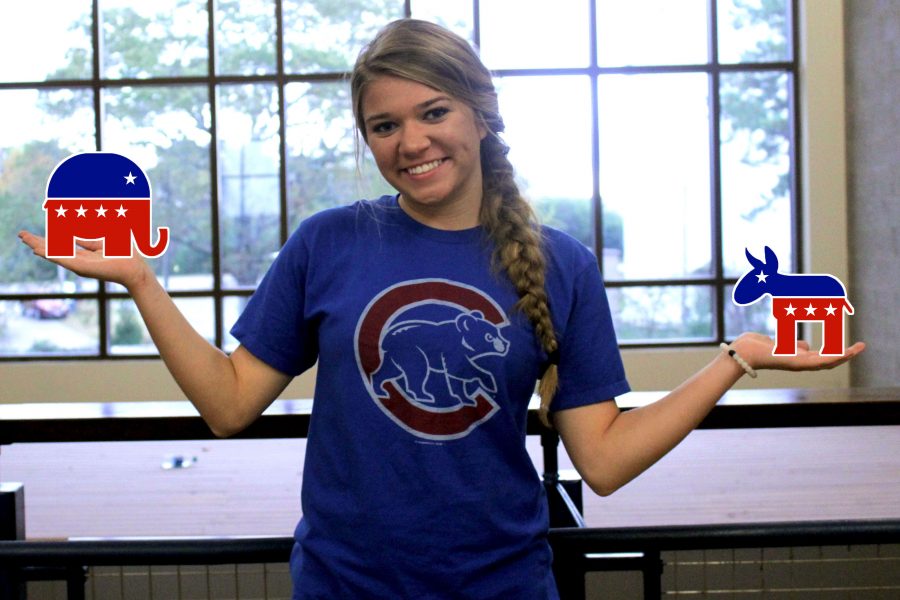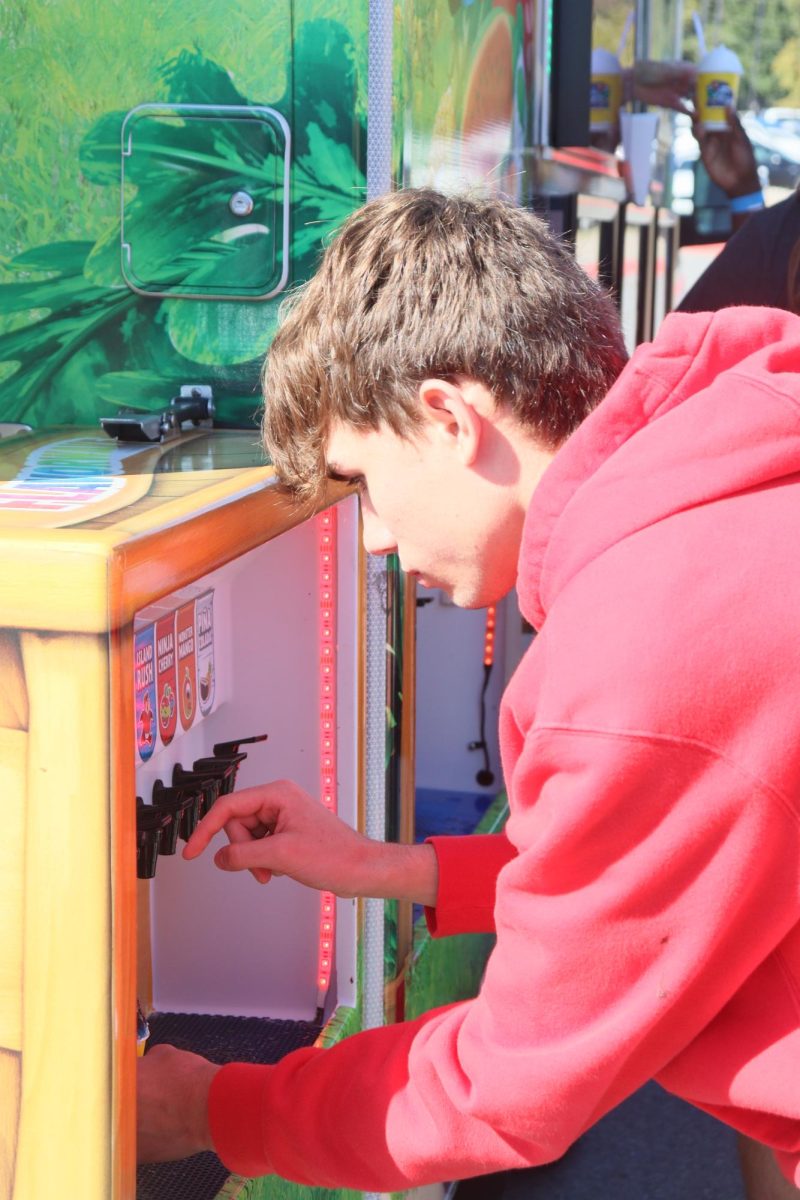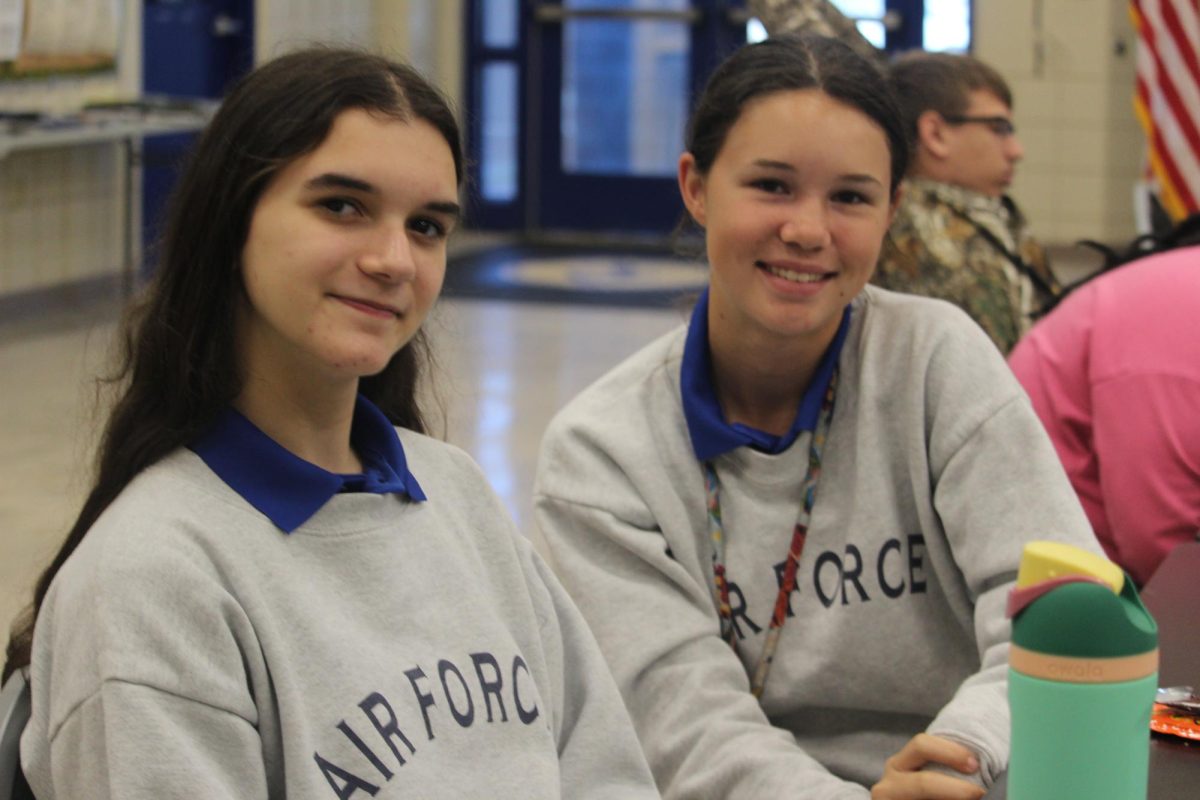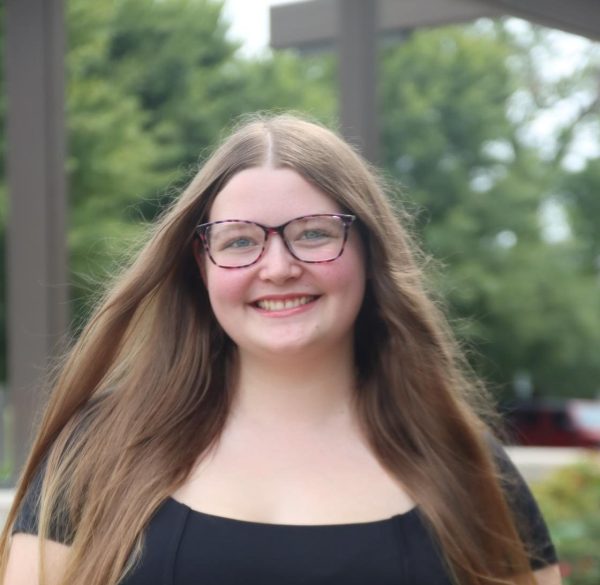Parents in Politics
Senior Julianne Weaver holds up the elephant and the donkey
December 5, 2016
It is the responsibility and duty of the American people to make informed decisions come election time. Young people’s political opinions can often be influenced by people that they respect, such as their parents. Either parents can choose to influence their child to follow their beliefs, or they can allow their child to form their own opinions on issues facing the country.
Sophomore Sarah Hill’s parents are not sure whether they side mainly with Republican or Democratic ideals. Because Hill is not of voting age, she feels she does not have to concern herself too much with being informed about the candidates. Hill says that her parents want her to believe in what is right.
“If [my parents] think what they think is right, they wouldn’t want me to believe in something wrong,” Hill said.
Hill’s parents are not vocal about their beliefs, but they are still open to Hill exploring her own ideals, assisting her along the way.
“[My parents] aren’t really political people,” Hill said. “But if I ask them questions, they’ll do their best to inform me.”
Senior Noah Bailey recently turned 18, so he is able to participate in the election process. The generational gap between parent and child can cause a difference in values or beliefs, which often leads to disagreement. However, differing religious views are not an issue to Bailey’s parents.
“My mom has a very Christian mindset, and I don’t really,” Bailey said.
Bailey’s parents want him to be as knowledgeable as possible on the issues facing the country, and figure out what is important to him.
“Before I could vote, my mom made me do my own research, because she didn’t want me to be biased,” Bailey said. “I did my research and took this quiz that told me I would most likely vote for Hillary.”
Senior Julianne Weaver’s parents consider themselves Republican, but base their political decisions primarily on their Christian morals. Weaver’s mom accompanied her to the polls to make sure she knew what to do and to help her understand the process.
“On the issues that I didn’t know anything about, she helped explain it to me,” Weaver said. “She said I could still vote however I wanted to.”
Weaver does not consider herself affiliated with any particular party, but bases her decisions on her morals, like her parents. Weaver’s parents would like for her to hold the same values as them, because they believe that they are correct in their beliefs.
“They want me to believe the same things, just because that’s what they’ve always taught me,” Weaver said. “That’s what they believe is best for me.”







